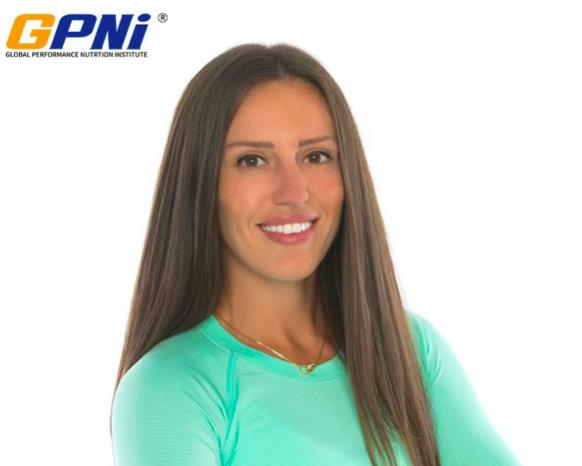Third-party testing refers to the process of testing a product or service by an independent organization or entity that is not affiliated with the manufacturer or provider of the product or service. This process is used in numerous industries such as healthcare, and consumer goods. It is particularly important in the dietary supplement industry, especially for athletes. Understanding how third party testing works and what to look for on labels helps athletes ensure they are using safe and effective supplements.
Third party testing is designed to ensure that the product or service meets certain standards and specifications. Unlike pharmaceutical drugs, dietary supplements are not subject to the same rigorous testing and regulation. Additionally, rules and regulations vary from country to country and even between states in countries like the United States of America. Supplements that have undergone third-party testing are paying independent laboratories or organizations to test their products to ensure that they meet certain quality and purity standards. Some of these tests include analysis of the ingredients, potency, and purity of the product. Products can even undergo screening for contaminants like heavy metals, pesticides, and bacteria. Aside from using a reputable brand, third party testing is one way to minimize the risk of using poor quality supplements or those harmful ingredients.

In the world of sports, third party testing become even more important. Athletes are subject to anti-doping which are designed to protect the integrity of sports and ensure that competition is fair and safe for all athletes. Doping violations can result in severe penalties, including disqualification from competition, forfeiture of medals and prizes, fines, and suspension from competition. Even if an athlete falls victim to inadvertent doping or the unintentional and/or accidental use of a banned substance, the same consequences apply. To avoid inadvertent doping, athletes must educate themselves on anti-doping rules and regulations and carefully check the ingredients of any supplements they are taking. The two most common third party testing organizations are Informed Choice and NSF certified for Sport. Both these organizations test dietary supplements for prohibited substances that are banned by anti-doping organizations, such as the World Anti-Doping Agency (WADA). Informed Choice is a certification program that tests dietary supplements for banned substances and certifies that the products have been manufactured to high-quality standards. The program is recognized by several anti-doping organizations, including WADA. The NSF Certified for Sport program tests dietary supplements for banned substances and verifies that the products do not contain any unsafe levels of contaminants or impurities. The program is recognized by several professional sports organizations, including the NFL, MLB, and PGA. Dietary supplements that are safe for sports will display one of these labels (NSF or Informed Choice) on their label to let athletes know they are generally considered safe for sports.
Whether you are a professional/elite athlete or a recreational athlete, choosing a third party tested supplement is important. Not only does this minimize the risk of using banned substances but helps ensure you purchasing a high quality supplement.

Cassie Evans is a registered dietitian and a published researcher. She has studied sports nutrition and completed an internship with the University of Miami Sports Nutrition Team and Nova Southeastern University’s sports performance team. She holds a Bachelor of Science in Exercise and Sports Science and received her CISSN in 2018. She is currently pursuing her doctorate in Human and Sports Performance from the Rocky Mountain University of Health Professions.
References
- Vento KA, Wardenaar FC. Third-Party Testing Nutritional Supplement Knowledge, Attitudes, and Use Among an NCAA I Collegiate Student-Athlete Population. Front Sports Act Living. 2020;2:115. Published 2020 Sep 15. doi:10.3389/fspor.2020.00115
- Gleaves J, Petróczi A, Folkerts D, et al. Doping Prevalence in Competitive Sport: Evidence Synthesis with “Best Practice” Recommendations and Reporting Guidelines from the WADA Working Group on Doping Prevalence. Sports Med. 2021;51(9):1909-1934. doi:10.1007/s40279-021-01477-y
- Mathews NM. Prohibited Contaminants in Dietary Supplements. Sports Health. 2018;10(1):19-30. doi:10.1177/1941738117727736







